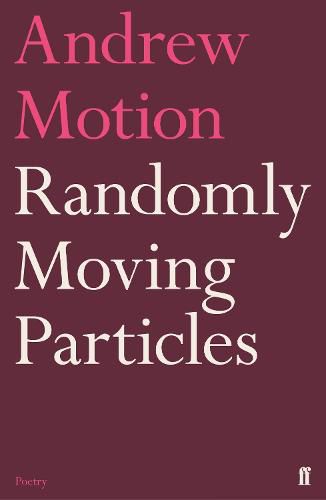Readings Newsletter
Become a Readings Member to make your shopping experience even easier.
Sign in or sign up for free!
You’re not far away from qualifying for FREE standard shipping within Australia
You’ve qualified for FREE standard shipping within Australia
The cart is loading…






Randomly Moving Particles is built from two long poems that form its opening and close, connected by three shorter pieces. The title poem, in a kaleidoscope of compelling scenes, engages with subjects that include migration, placement, loss, space exploration and current British and American politics. It is a clarifying action and reaction between terra and solar system, mundanity and possibility, taking us from the grit of road surfaces to the distant glimpses of satellites. The final poem, ‘How Do the Dead Walk’, combines mythic reach with acute observation of the familiar, in order to address issues of contemporary violence. It is altogether more dreamlike, even in its tangibly military moments, grasping as it does at phantoms and intermediate plains.
Andrew Motion’s expansive new poetry collection is direct in its emotional appeal, ambitious in its scope, all the while retaining the cinematic vision and startling expression that so freshly lit the lines of his last, Essex Clay.
$9.00 standard shipping within Australia
FREE standard shipping within Australia for orders over $100.00
Express & International shipping calculated at checkout
Randomly Moving Particles is built from two long poems that form its opening and close, connected by three shorter pieces. The title poem, in a kaleidoscope of compelling scenes, engages with subjects that include migration, placement, loss, space exploration and current British and American politics. It is a clarifying action and reaction between terra and solar system, mundanity and possibility, taking us from the grit of road surfaces to the distant glimpses of satellites. The final poem, ‘How Do the Dead Walk’, combines mythic reach with acute observation of the familiar, in order to address issues of contemporary violence. It is altogether more dreamlike, even in its tangibly military moments, grasping as it does at phantoms and intermediate plains.
Andrew Motion’s expansive new poetry collection is direct in its emotional appeal, ambitious in its scope, all the while retaining the cinematic vision and startling expression that so freshly lit the lines of his last, Essex Clay.